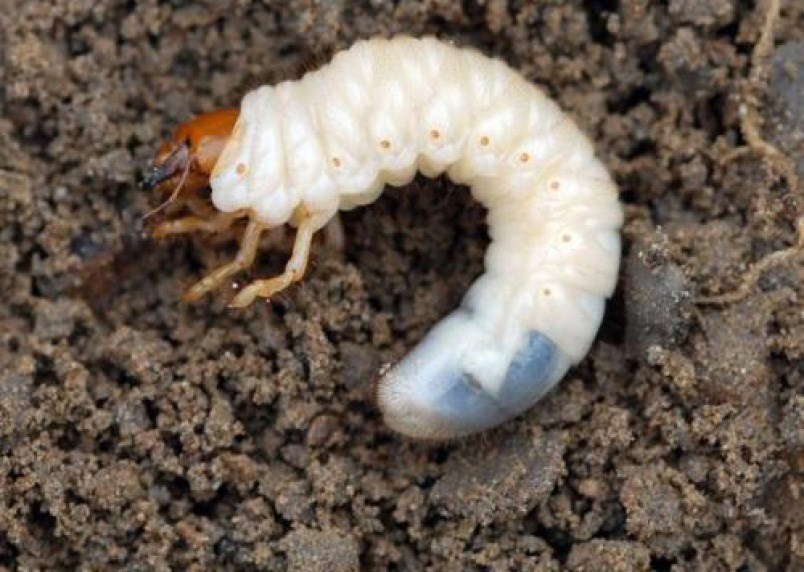Port Moody city council doesn't want residents to give up the fight against chafer beetles — but they'll have to wage that war on their own dime.
At its meeting Tuesday, council voted to discontinue a coupon program to offset half the cost of purchasing nematodes, which can be used to control infestations of the pest, whose larvae feed on the roots of grasses and are a tasty morsel for a variety of animals, from crows to skunks, that further damage lawns to get at them.
In a report presented to council, Port Moody’s sustainability ad energy specialist, Angela Crampton, said the coupon program had waned in popularity since it was launched four years ago. In 2016, 162 coupons were redeemed at a local garden centre but only 67 were cashed in each of the past two years. In 2017/’18, the coupons and associated advertising cost the city $4,565.
Crampton said there has been no evidence the application of nematodes has managed to wipe out an infestation of chafer beetles
The city will continue its efforts to educate residents about how to prevent infestations and deal with them if they happen. Those comprise a Tri-City-wide plan in conjunction with Coquitlam and Port Coquitlam that includes videos, newspaper ads and marketing materials, as well as its own brochure for residents, a web page and information shared on social media.
“Prevention is the most economical and effective strategy for reducing the spread of chafer beetle,” Crampton said, adding the annual cost of up to $2,000 for updating educational materials can easily be accommodated in the city’s environmental division budget.
She said permits exempting residents from watering restrictions will still be available to residents who can prove they’ve purchased nematodes on their own, as their application must be followed by sprinkling. The city will also continue to apply nematodes to its sports fields as needed.



